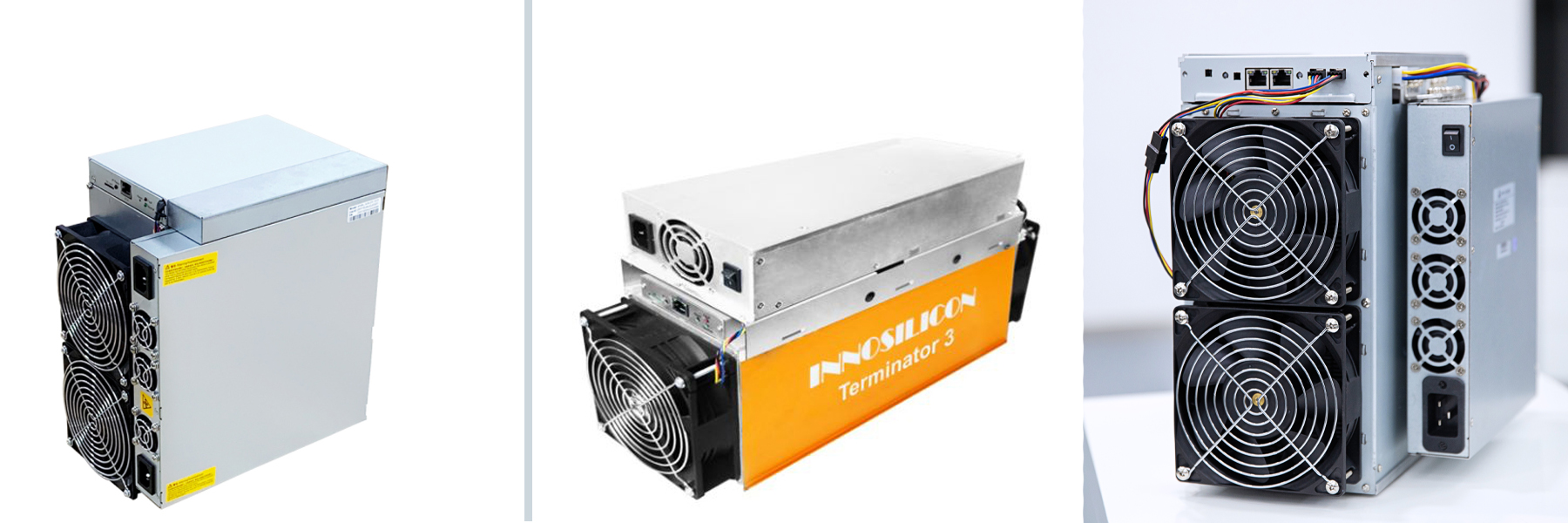
In mid-December, Intel revealed that the company expects to design 2nm and 1.4 nm semiconductors by 2029. During the same timeframe, regional sources reported Canaan and Bitmain will reveal new mining rigs this year equipped with TSMC-based 5nm chips. Now, competition is growing stronger as Samsung has disclosed that the chipmaker succeeded in creating the first 3nm (GAAFET) prototype. Samsung has shown it is ahead of the 5nm process and the company hopes to be the most dominant chipmaker by 2030.
Also Read: 2019’s Bitcoin Miners Are 5x Faster Than Predecessors
While TSMC Is Heavily Invested in the 5nm Process, Samsung’s 3nm Semiconductor Prototype Emerges
During the latter half of 2019, bitcoin mining rig manufacturers produced a series of new high-powered mining rigs. News.Bitcoin.com reported on how 2019’s mining devices are 5x faster than the predecessors. At the time of publication, the most profitable miner on the market is Bitmain’s Antminer S17+, which produces 73 terahash per second (TH/s). Canaan also has the Avalonminer 1166, a machine that has a maximum hashing speed of 68TH/s. Other top mining rig producers include Innosilicon, Strongu, Microbt, and Ebang. Most of the newest mining rigs on the market are equipped with either 10nm semiconductors or 7nm custom chips from two leading foundries.

For instance, Bitmain revealed its custom 7nm chip called the BM1397 last February and Canaan’s 2019 machines are also fitted with next-generation semiconductors. Sources say many of these mining rig firms get chips from Taiwan Semiconductor Manufacturing Company (TSMC). However, sources say Canaan uses both TSMC and Samsung semiconductors and reports have noted Innosilicon leverages Samsung chips as well. At



